My arm doesn’t work properly. I find that making sure that my arm rests in a natural position when I’m not using it helps to keep it relaxed and more comfortable. This also helps to keep swelling down in my hand. Using the arm of a chair or cushion under my elbow supports my shoulder, which can get sore if the arm hangs down.
My legs are stiff. I find that if I bend my legs up and down when I am sitting before I get up and walk it is easier. I also pace myself so that I am not getting too tired as this can make my legs stiffer. Drinking plenty of fluids like water can also help.
My ankles get really puffy as the day goes on. My nurse told me that puffy feet and ankles are really common if you have to sit for a long time. I often put my feet up on a stool or on the sofa and move my feet in circles. It really helps. I try not to sit too long and make myself get up for walks around the house. That gets the blood pumping and improves my circulation.
I am afraid I will trip. I find that if I take some precautions I feel less like I’m going to trip. I always make sure that I am wearing shoes or slippers that fit me. I had swollen feet in hospital, but this has gone down now and I had to replace my slippers as they had stretched! A good Christmas present from my daughter! Making sure rugs and furniture that could get in my way were moved, helped too.
My arm does not move as well as it used to. Because my arm is weaker after my stroke it does not move as well as it used to and it makes doing things harder especially as it is my right hand and I am right handed! What I try to do is still use it as much as possible when doing things. When I am watering my plants I put my weaker hand on the watering can and use my strong hand to help move it.
My muscles are weak. Because of my stroke I find it hard to move around, but if I sit in my chair all day I get stiff! I have found that even small amounts of movement and stretches help. I started by standing up during the adverts on TV. I noticed a difference quite quickly. I also set an alarm clock every 20 minutes to remind me to get up and move




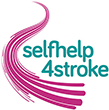
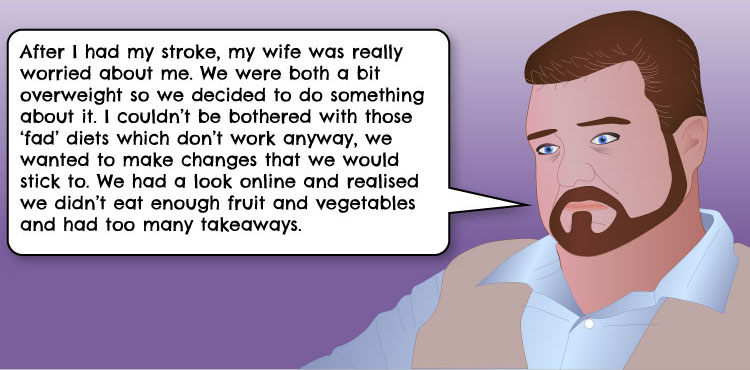
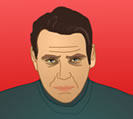 I think self management is just telling me to not smoke any more, not to drink and try to diet and take my pills properly… ”, says Chris, 43 years.
I think self management is just telling me to not smoke any more, not to drink and try to diet and take my pills properly… ”, says Chris, 43 years. Sarah, 58, views self management in relation to her ability to cope with things since her stroke. She says “it’s about my confidence and being able to take care of myself, wash and get dressed and cook…being able to cope here in the house.”
Sarah, 58, views self management in relation to her ability to cope with things since her stroke. She says “it’s about my confidence and being able to take care of myself, wash and get dressed and cook…being able to cope here in the house.”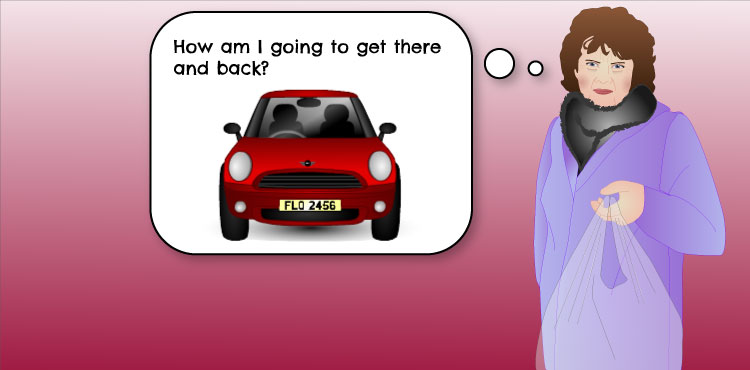
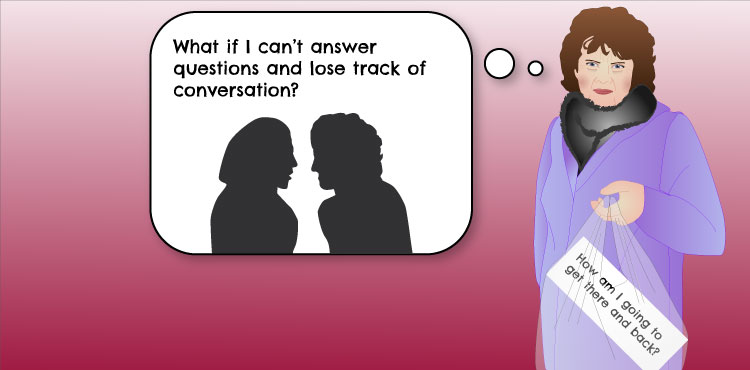
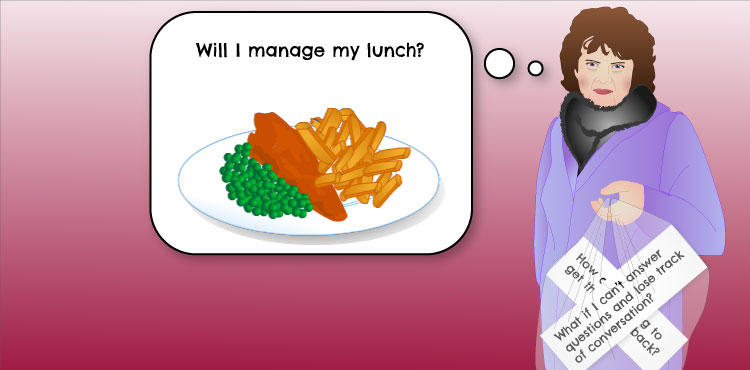
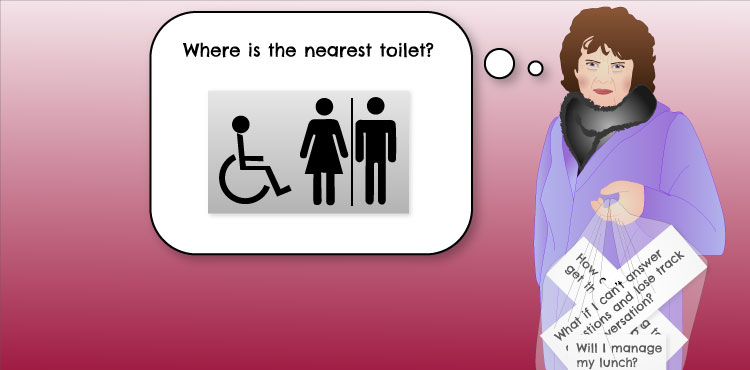
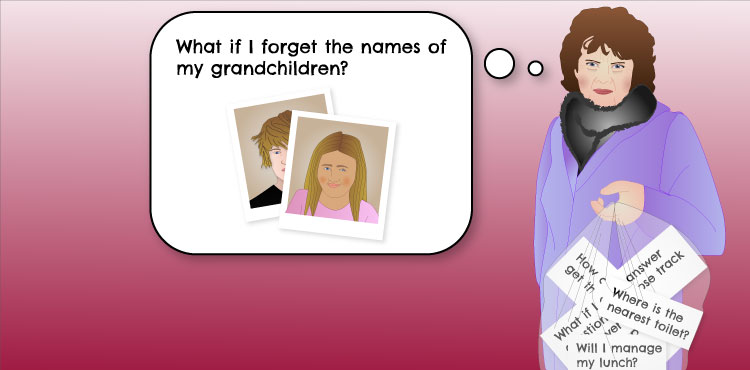
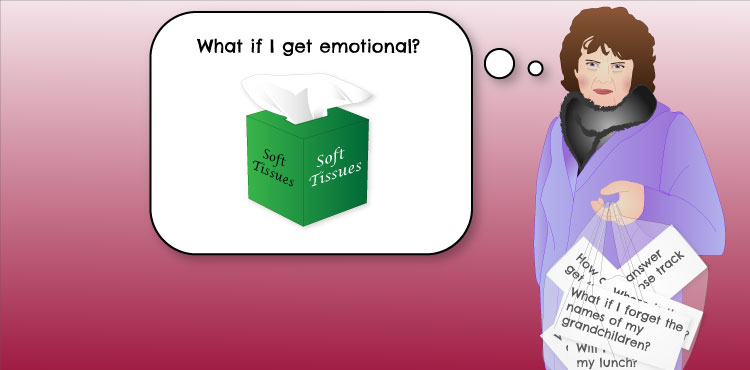
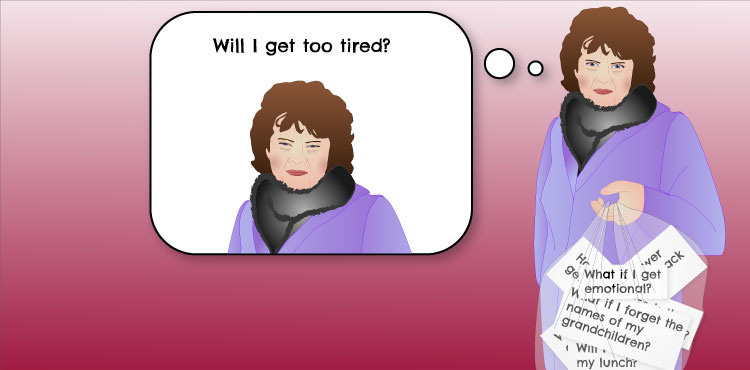
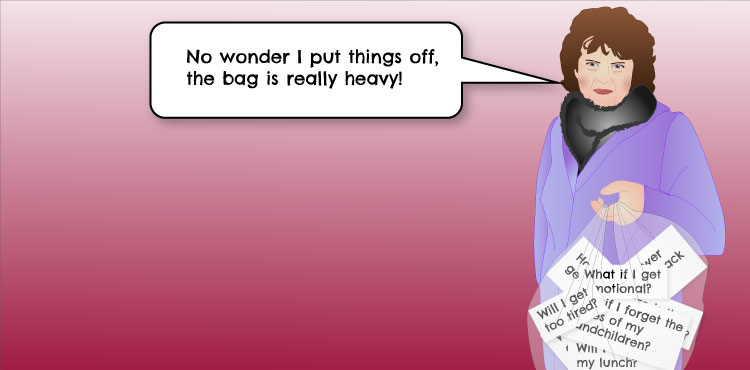
 Q. Lets now look at your relationships with the people in your world. Fill out a name below, select 6 words that best describe them and then select ‘Finish’.
Q. Lets now look at your relationships with the people in your world. Fill out a name below, select 6 words that best describe them and then select ‘Finish’.